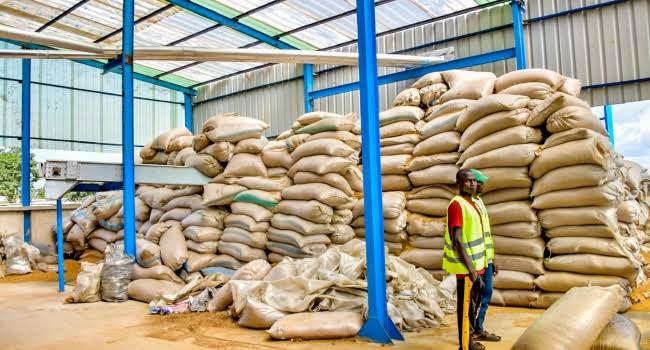Niger State is taking a bold step to become Nigeria’s shea butter hub with a plan to plant 10 million shea trees across 10,000 hectares, Governor Umaru Bago has announced. The initiative aims to boost shea nut supply, expand processing capacity, and create thousands of jobs for women and youths.
Speaking at the commissioning of the Salid Shea Butter Processing Plant in Kudu, Mokwa Local Government Area, Bago described the project as a milestone in industrializing the state’s agriculture sector. The effort is being championed by Niger Foods in partnership with Salid Agriculture Ltd., the Saudi EXIM Bank, and Nigeria’s NEXIM Bank. Saudi partners have committed to a $100 irrigation scheme to support the venture.
A N2 billion Memorandum of Understanding has been signed between Niger Foods and Salid Agriculture Ltd. under a public-private partnership model that will directly engage women and youths in shea nut collection for supply to the factory.
NEXIM Bank Managing Director Abba Bello noted that while Nigeria produces about 60 percent of the world’s shea nuts, it still lacks large-scale processing facilities. He pledged the bank’s commitment to strengthening the full value chain in partnership with the Salid plant.
Minister of State for Agriculture and Food Security Sabi Abdullahi hailed the development as a step towards diversifying Nigeria’s economy, in line with President Bola Tinubu’s vision. Salid Agriculture Nigeria Ltd. CEO Ali Saidu said the new factory can process up to 30,000 metric tonnes of shea butter annually, meeting global standards and boosting Nigeria’s competitiveness in international markets.
Minister of State for Petroleum Resources Timipre Sylva cautioned against unregulated foreign purchases of shea nuts, warning that such activities distort market prices and threaten local investments. Etsu Nupe and Chairman of the Niger State Council of Traditional Rulers Yahaya Abubakar also called for an end to indiscriminate tree felling, warning of the environmental risks it poses to the state’s future.
Trade observers say Niger State’s plan, if successfully implemented, could serve as a model for African regions seeking to leverage indigenous crops for economic growth, job creation, and global market positioning.










